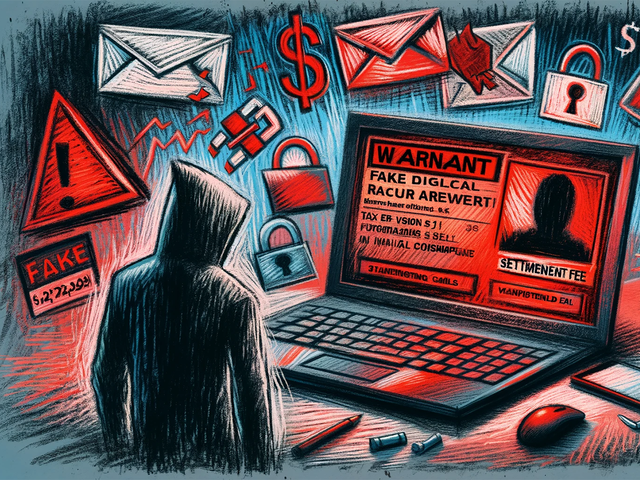Falling victim to a digital arrest fraud was a harsh lesson in the importance of skepticism and vigilance. When I received a call claiming to be from a government agency, I initially dismissed it as a scam. But as the caller went into greater detail, sharing convincing information about my identity and official-sounding jargon, doubt set in. They pressured me, creating a sense of urgency by threatening arrest if I didn’t immediately comply with their demands. I made a costly mistake by transferring funds to “clear” my name.

Source:- bbc news
Looking back, I realize several red flags were there from the start. Scammers often create urgency, use fear tactics, and insist on immediate action to prevent you from thinking critically. They’ll impersonate legitimate institutions and may even know personal details, which they use to gain your trust. If I had taken the time to verify the caller’s identity, such as by calling the official agency myself, I might have avoided this loss.
Source:- news 18
What I’ve learned is to never act out of fear or pressure. Scammers rely on emotions like fear and confusion to exploit victims. It’s essential to slow down, ask questions, and verify information before taking any action. Authentic government agencies don’t demand payments over the phone or threaten arrest without official proceedings. And if something feels wrong, it’s usually a good indicator to step back and reassess.
Now, I advise others to stay informed about common scam tactics and to be proactive in safeguarding their personal information. Falling victim to fraud is painful, but it has made me more aware and cautious. Remember, knowledge and caution are your best defenses against such scams.
Share your views in the comments

